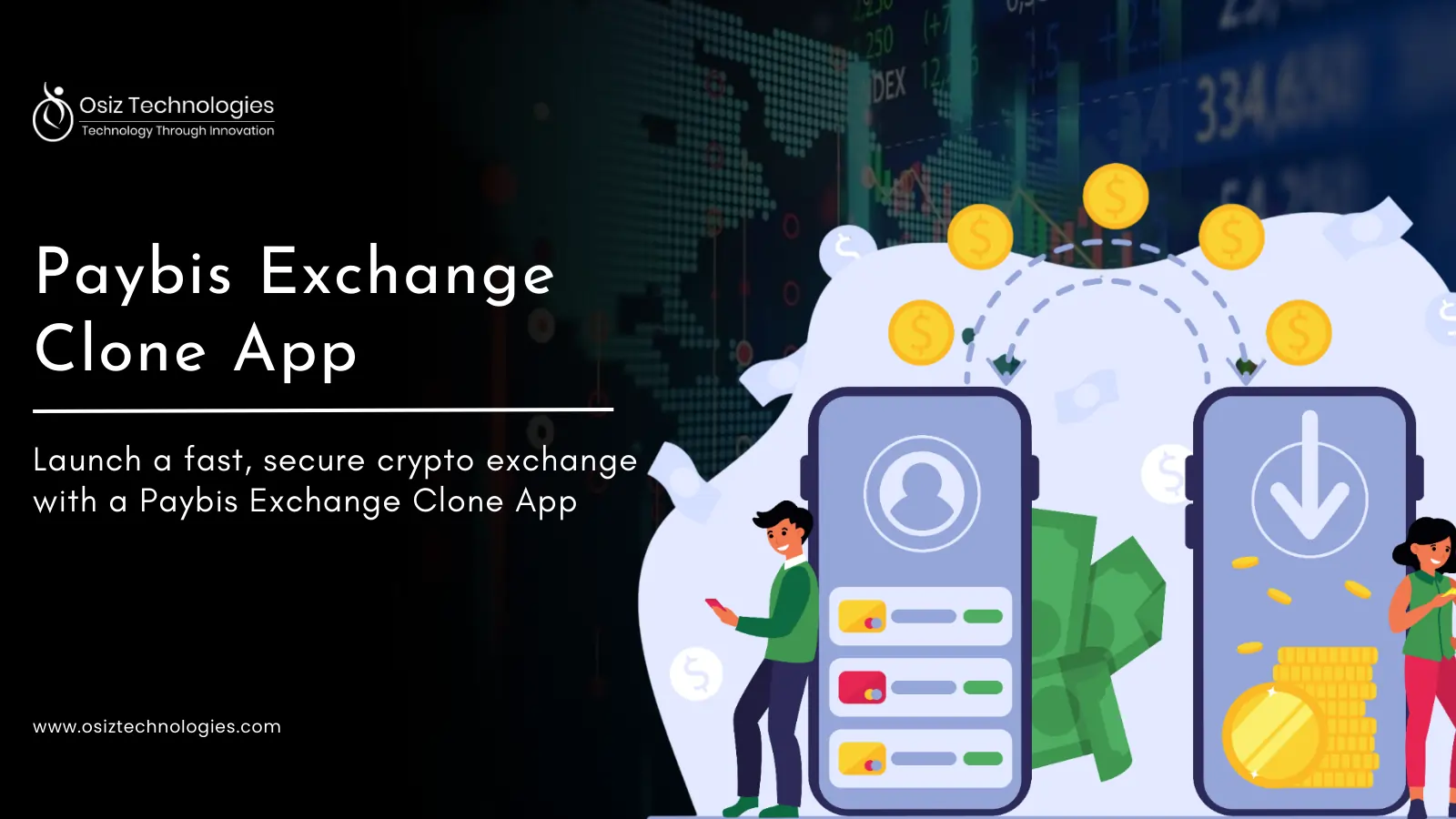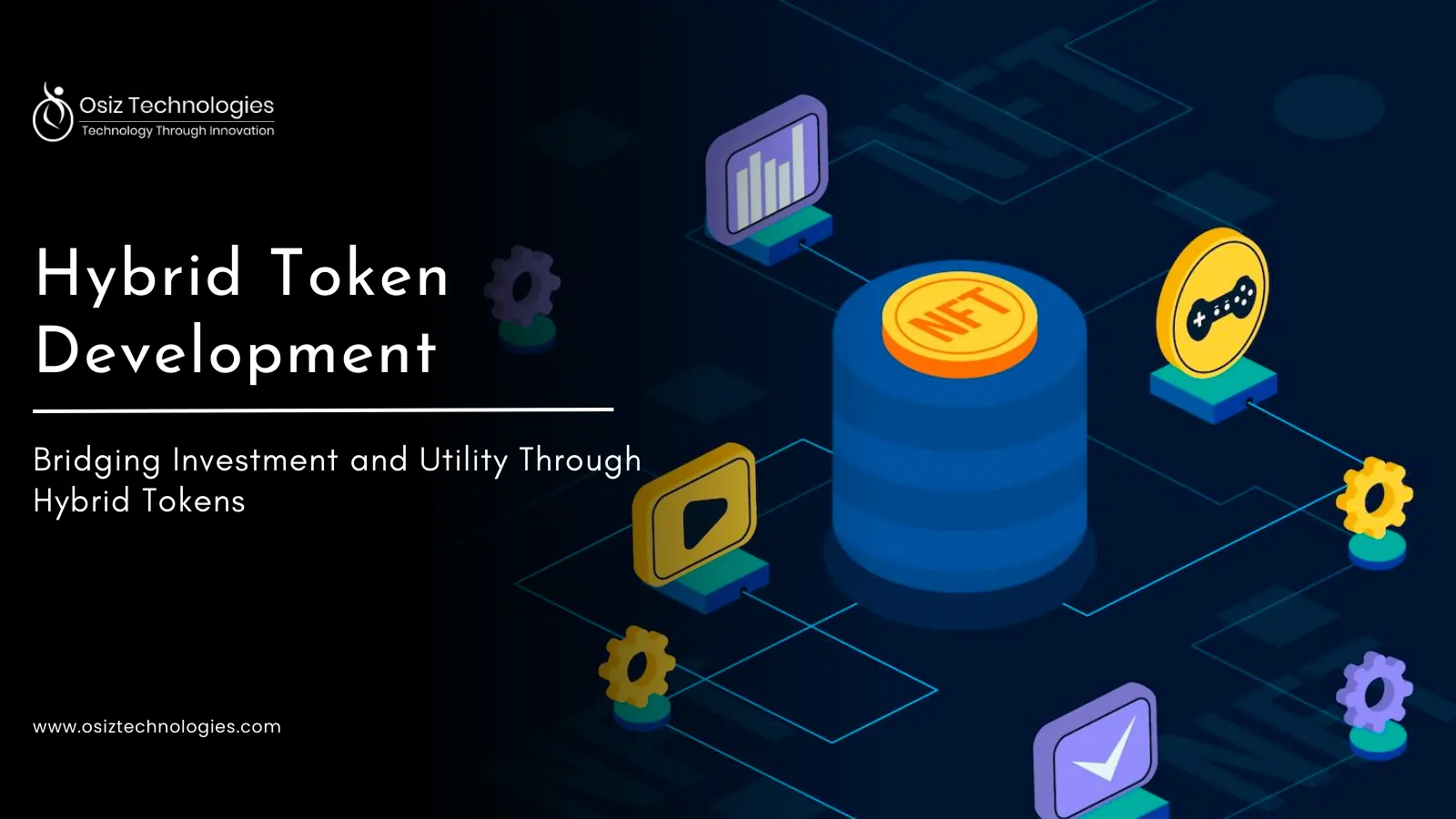The gaming industry is always evolving, and technological improvements have caused a significant shift. Statista has reported that approximately 3.3 billion people play video games. Some people like playing games as a hobby, while others play for money. GameFi uses blockchain technology and smart contracts to track players' revenue. CryptoKitties is an Ethereum-based GameFi project that allows participants to breed, collect, and exchange NFTs that represent cats. This sparked the boom of play-to-earn games.
In this blog, we will look at the fundamental ideas of GameFi. We shall investigate the effects on entertainment. Furthermore, we will discover substantial opportunities to change the gaming sector.
What is a GameFi?
Game Finance is known as GameFi which is an innovative concept that combines decentralized finance (DeFi) with gaming. It introduces financial incentives ownership mechanics and unique gameplay features. These enable players to make money while playing. Traditional gaming models are purely recreational, GameFi introduces a new concept that is play-to-earn. This approach enables players to acquire digital items through a variety of in-game actions. Participants in gameplay can earn cryptocurrencies or other digital assets. They can complete tasks or achieve in-game milestones. This approach turns activities into potentially valuable journeys and provides tangible worth to players.
GameFi also supports non-fungible tokens (NFTs) and decentralized autonomous organizations (DAOs). These together generate dynamic player-driven economies within gaming ecosystems. These components facilitate asset ownership and trading. They also facilitate governance, instilling a sense of ownership and empowerment in participants.
The Rise of Blockchain Technology in Game
Blockchain technology powers GameFI, a decentralized ledger system with greater transparency that supports cryptocurrencies and digital assets. Blockchain ensures secure transactions. It also guarantees unchangeable asset ownership and reward distribution within the gaming environment. Smart contracts, a crucial aspect of blockchain automate gameplay rules, ensure transparency, and enable seamless interactions between players and platforms.
Core Elements of Blockchain and GameFi
NFTs & Digital Ownership:
NFTs enable gamers to store unique digital assets such as in-game objects, virtual real estate, and characters. NFTs are portable, verifiable, and tradeable on the NFT Marketplace. It establishes a dynamic digital economy in the gaming industry.
Decentralized Finance (DeFi) Features:
DeFi elements like as yield farming, liquidity providing, and staking have been implemented into GameFi platforms. By using blockchain-based financial services, users can generate passive income, participate in governance, and optimize their gaming investments.
Community-driven governance:
Decentralized autonomous organizations (DAOs) empower players to engage in platform governance, vote on decisions, and shape the direction of the game experience. This democratic paradigm improves community engagement. It encourages a sense of ownership.
How GameFi Works?
NFT games don’t store their entire data on the blockchain. Instead, they utilize traditional gaming technology for gameplay elements. Players connect their crypto wallets to these games to interact with the blockchain. For example, if you're playing a GameFi RPG with a medieval theme and want to use a new armor NFT you earned, the game would read the contents of your wallet, identify the tokens that interact with the game, and let you select the corresponding in-game items.
The actual characters, armor, and other in-game assets are stored within the gaming software but can only be "unlocked" if the player's crypto wallet contains the corresponding token.
When players gain cryptocurrencies or NFTs, the game frequently interacts with a smart contract, which transfers the funds to their wallets. In other instances, players earn off-chain assets similar to those in traditional games, which they must mint to convert into NFTs.
Advantages of Fusing GameFi and Blockchain
-
Empowering Players
-
Ownership and Value Creation
-
Transparency and Security
-
Innovative Gameplay
Growth of GameFi
GameFi is gaining popularity. Over 5 million unique active wallets take part in play-to-earn games. However, GameFi developers must address several challenges before this ecosystem rivals the traditional gaming industry. GameFi games store significant amounts of digital assets in crypto wallets. This makes them ideal candidates for hacks and exploits. Additionally, transaction costs and speeds can negatively impact the gaming experience.
Despite these hurdles, GameFi's market value is expected to reach $8.9 billion by 2028. As of April 2023, all chains had around 2,453 GameFi protocols. More are expected in the future. Popular brands like Starbucks are developing GameFi games to reward customer engagement. In the future, the GameFi ecosystem will likely integrate with more brands and industries.
The Future of GameFi and Blockchain in Online Gaming
As GameFi and blockchain technology continue to evolve. Their impact on the future of online gaming is set to be revolutionary. We can expect diverse gaming experiences. GameFi platforms will feature a diverse selection of genres and blockchain-integrated games with play-to-earn principles. Blockchain-based assets and NFTs will allow for cross-platform interoperability. This will allow players to use digital assets across multiple games and platforms. Additionally, GameFi will democratize access to gaming. It will provide financial opportunities empowering players worldwide to participate. They will also be able to earn and invest in digital entertainment.
Final Words
Blockchain technology and GameFi reshape the online gaming sector by integrating various features to engage players and provide innovative experiences. This combination has made a promising future in the gaming industry. If you are looking to develop a play-to-earn game, partner with Osiz for innovative games. As a leading Game Development Company we build GameFi applications that are cost-effective and validate player interaction. Our blockchain developers create secure, scalable, and engaging GameFi platforms, ensuring a seamless gaming experience for your users.
Listen To The Article












